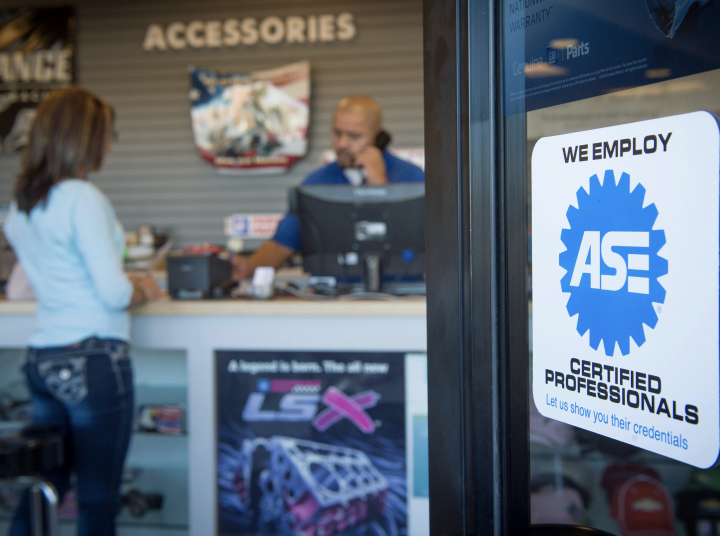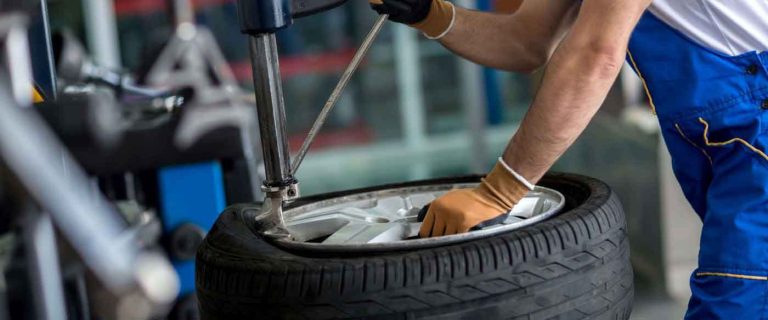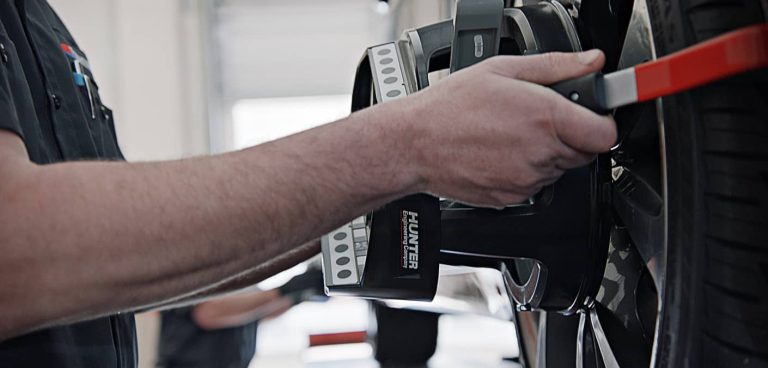2101 Whitney Ave. Gretna, LA 70056 | Phone: (504) 362-6947 | Hours: 8am - 5pm Mon. - Thur. / 7am - 4pm Fri.
Need Brake Service? Five Ways to Tell

The brakes on your car deserve a bit of respect – after all, you bet your life on them every day that you drive. You depend on the brakes to endure huge amounts of heat and stress to stop several tons of metal from crashing into people or things. However, they don’t last forever, and without regular brake service, eventually they will fail.
Fortunately for you, your vehicle will usually let you know when it’s time to take it to a trusted auto repair specialist to have the brakes serviced. Here are five symptoms to watch for.
- Squealing when stopping
Most vehicles are designed with a metal shim that “sounds off” with a high-pitched squeal when the brake pads are getting too low. This is the most obvious sign that you need brake service. If you take the car to an auto repair service right away, chances are you will only have to have the pads replaced. Let it go too long, and the drums or rotors may get damaged. - Grinding sound when applying the brakes
This sound usually means you ignored the squealing brakes we talked about in No. 1. Now the brake pads are worn out, and the calipers are making direct contact with the drums or rotors, which causes the metallic grinding sound you hear. The rotors will likely have to be replaced along with the brake pads at this point. - Shaking or vibrating when the brakes are applied
If one or more of the brake drums or rotors gets warped, the brake pads alternately catch and release the wheel as it spins, causing a vibration through the brake pedal when you apply the brakes. This not only means the brakes need work, but it can be a safety issue because your brakes aren’t working as effectively to slow the vehicle as they should. - “Pulling” to one side or another when slowing down
Another common symptom of inefficient brakes is when you feel the car “pull” to the left or right when the brakes are applied. This is usually caused by one of two things: either the brake pads are wearing unevenly, or the brake fluid has become compromised. Time to take the car in for a brake checkup. - Lots of play in the brake pedal
The thinner your brake pads get, the further you have to depress the brake pedal to get the brakes to activate. If you notice you’re pushing down harder or further on the brake pedal, you may need to have the brakes checked. - Unexpected “give” in the brake pedal
If your brake fluid is low or is leaking, it can create air pockets in the line which make the brake pedal act inconsistently. If you feel a sudden or unexpected “give” when depressing the pedal, you may be experience the effects of the air pockets. You should have the brake system checked as soon as possible.
For reliable auto repair and transmission service in New Orleans, trust the professionals at West Transmissions. Their ASE-certified technicians have been providing quality repairs on the West Bank for more than four decades. For a free estimate on brake service or other auto repair issues, they can be reached at 504-362-6947.
West Transmission Total Care Blog



